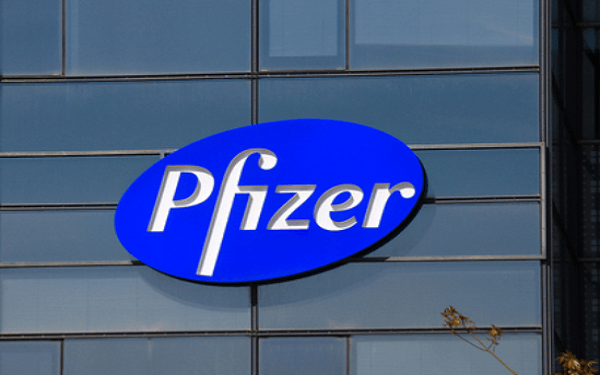
Pfizer announced it is putting an additional $500 million into the construction of its gene therapy manufacturing site in Sanford, North Carolina. It is planned to support the company’s investment in gene therapy research and development, much like its R&D sites in Chapel Hill and Kit Creek, North Carolina. The company indicates it will add about 300 jobs with the expansion. It currently employs 650 people at that site, which is manufacturing Pfizer’s late-stage pipeline drugs for Duchenne muscular dystrophy (DMD) and hemophilia B. It also manufactures some of the components to the company’s vaccines, such as Prevnar 13 for pneumococcal pneumonia. “This investment will further strengthen Pfizer’s leadership in gene therapy manufacturing technology,” stated Mike McDermott, president, Pfizer Global Supply. “The expansion of the Sanford site is expected to create hundreds of highly skilled jobs, which would increase Sanford’s high-tech manufacturing environment and is part of our overall plan to invest approximately $5 billion in U.S.-based capital projects over the next several years.” Pfizer acquired Chapel Hill-based Bamboo Therapeutics in 2016 for $600 million. In 2017, Pfizer indicated it planned to invest $100 million to expand gene therapy research and development in addition to more jobs associated with the Bamboo deal and research conducted at the University of North Carolina at Chapel Hill. In March 2019, Pfizer acquired a 15% equity interest in Paris-based Vivet Therapeutics, a privately held gene therapy biotech company. Vivet is focused on developing gene therapies for inherited liver disorders. The two companies will collaborate on developing VTX-801, Vivet’s treatment for Wilson disease. Wilson disease is a rare, chronic, and potentially life-threatening liver disorder that causes serious copper poisoning. Under that deal, Pfizer paid about $51 million upfront and may pay up to $635.8 million inclusive of the option exercise payment and various milestone payments. Pfizer has the option to buy the company after delivery of certain data from the Phase I/II clinical trial of VTX-801. Pfizer indicates that it is expanding all of its gene therapy capabilities in North Carolina and is doing so by investing in sites focused on all stages—research, development, and manufacturing. At the Kit Creek facility, they work on smaller reactors, 2L flasks up to 250L bioreactors that are used to develop larger-scale manufacturing. That process is then optimized at its Chapel Hill site, where they work with 250L scale to develop quality control measures that are part of Good Manufacturing Practice (GMP) standards. The plan is that by having end-to-end capabilities, the company will be able to deliver a high-quality, efficient stock of gene therapies for clinical and commercial activities. “At Pfizer, our purpose is breakthroughs that change patients’ lives,” stated Angela Hwang, group president, Pfizer Biopharmaceuticals Group. “We’re excited to build this new state-of-the-art facility in Sanford because it will have the potential to develop novel methods to deliver transformative treatments to patients.” In addition to these investments, Pfizer has committed $4 million to a gene therapy fellowship program associated with the North Carolina Biotechnology Center. Gene therapy research is hot in the Chapel Hill area, with research being conducted at UNC-Chapel Hill, Duke University and North Carolina State University. Other companies with gene-therapy-related presence in the Research Triangle region include Asklepios BioPharmaceuticals, Paris-based Cellectis, AveXis (part of Novartis), and bluebird bio. Source: Biospace